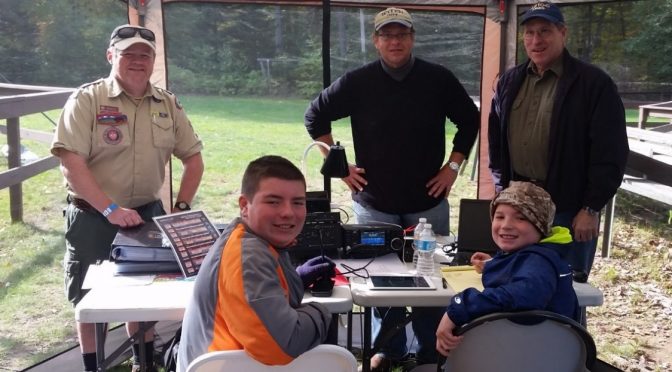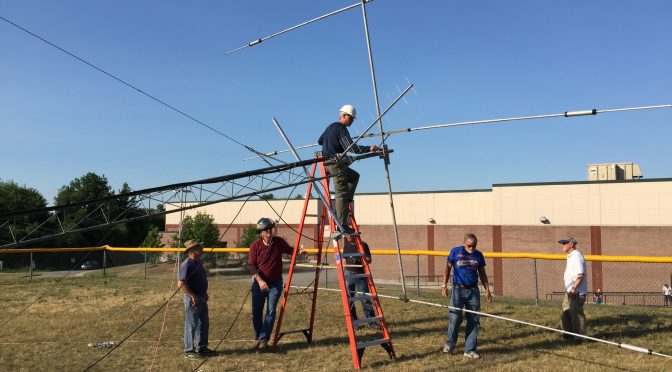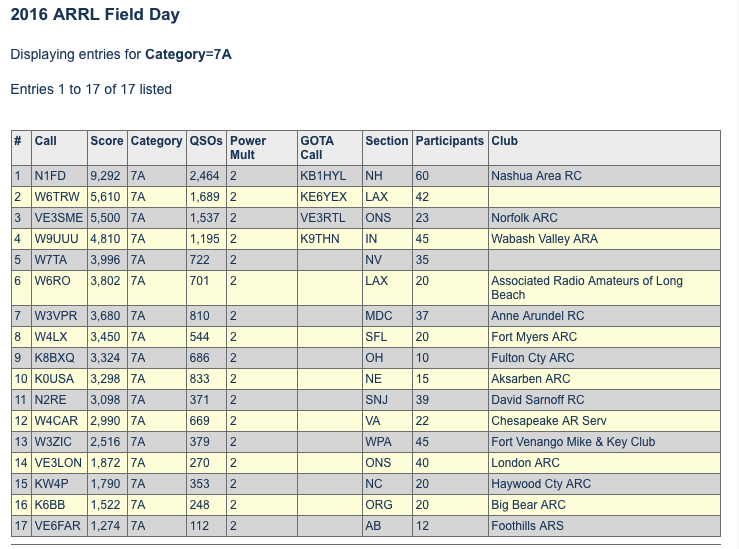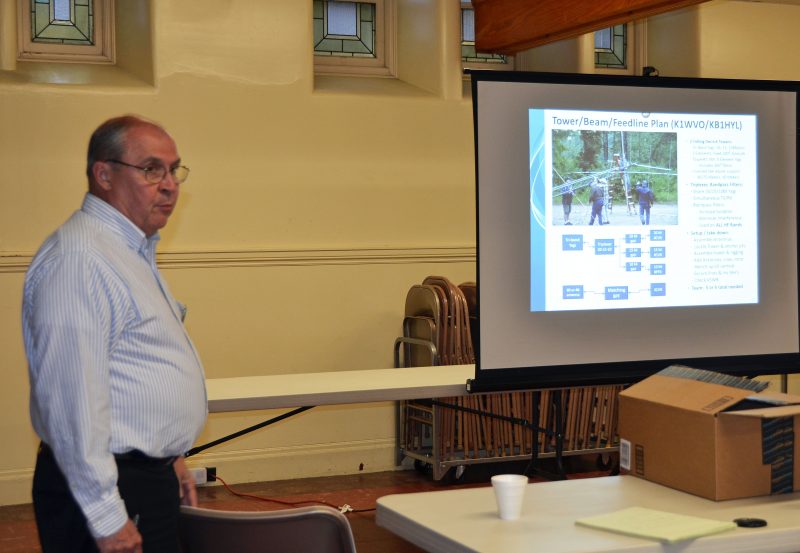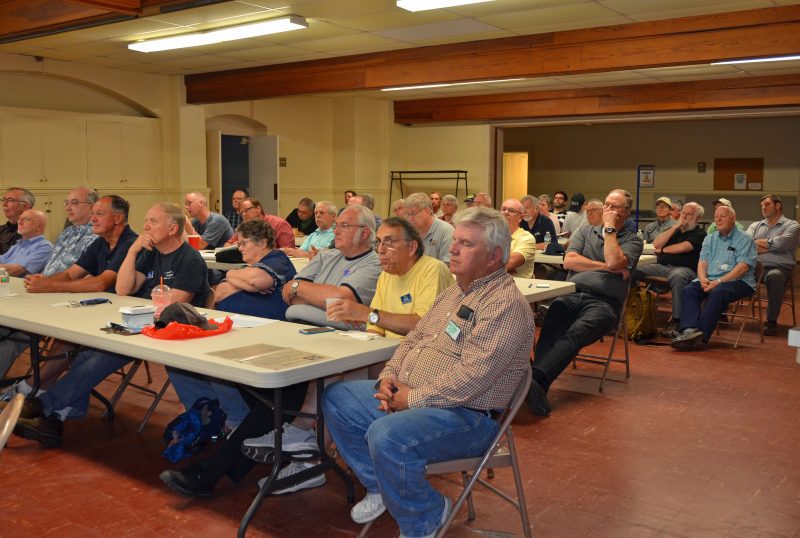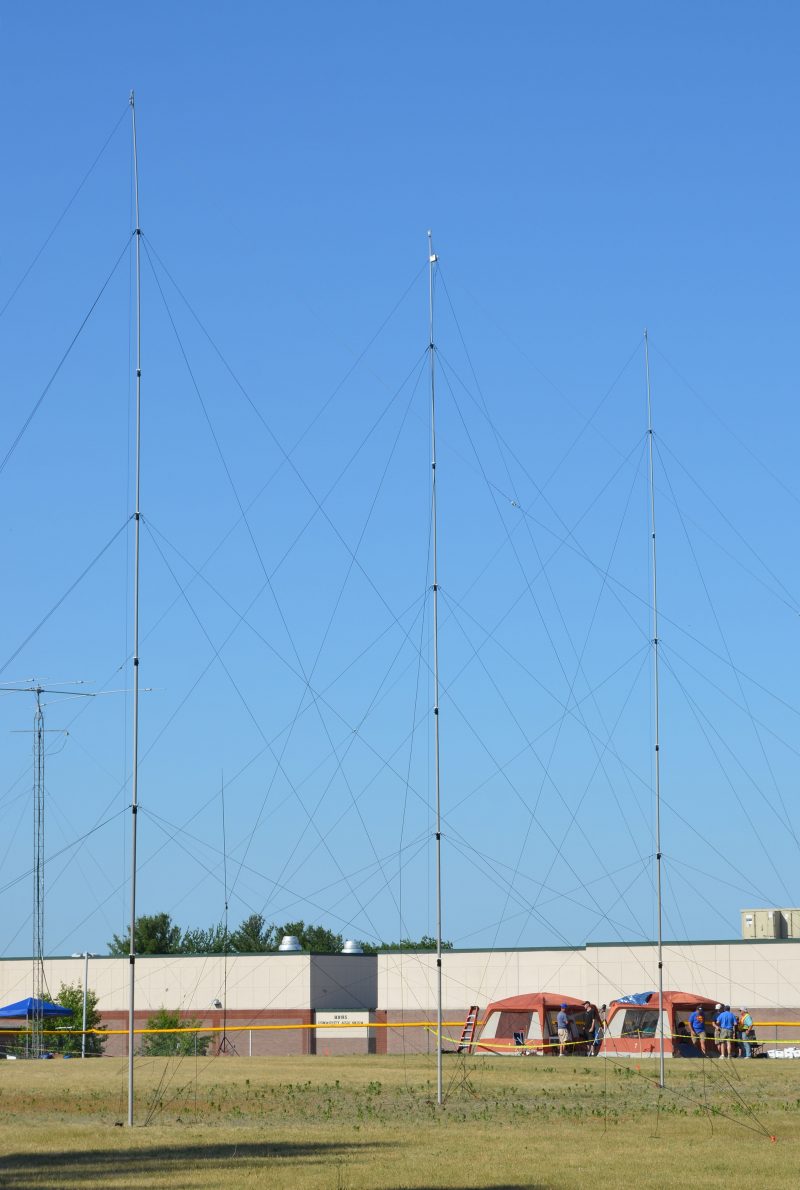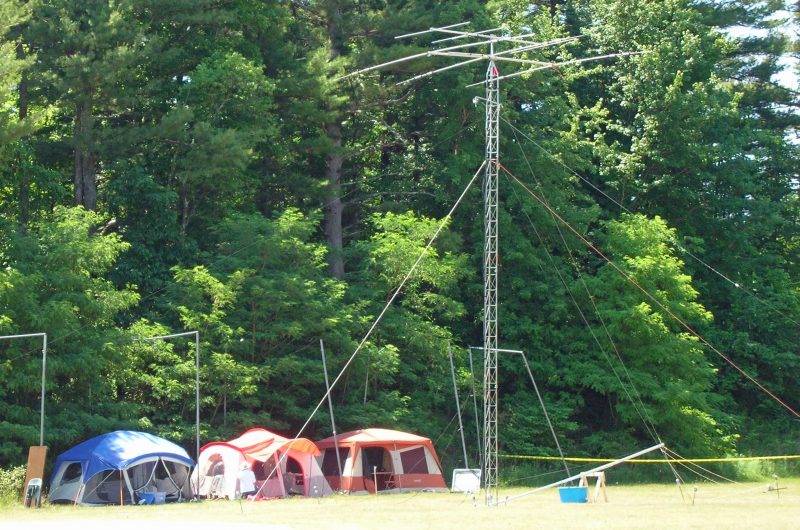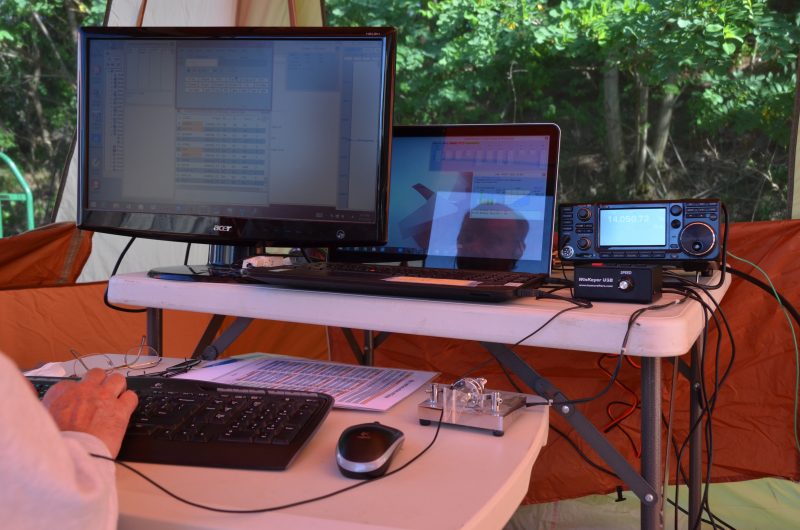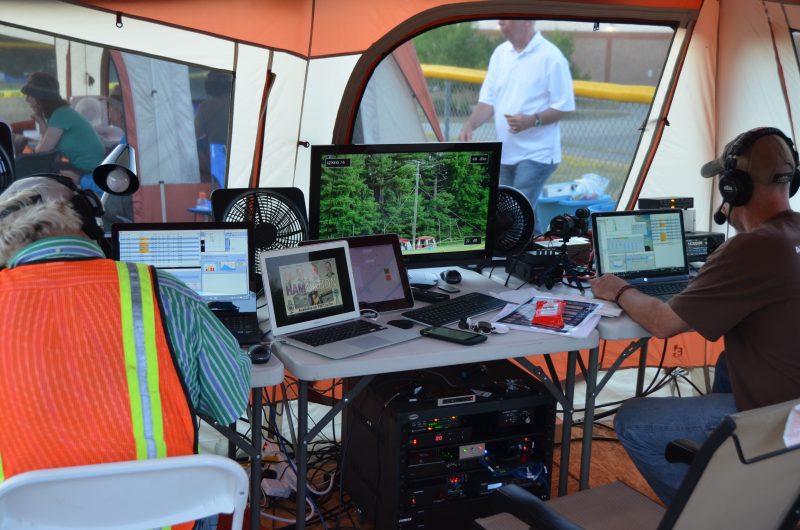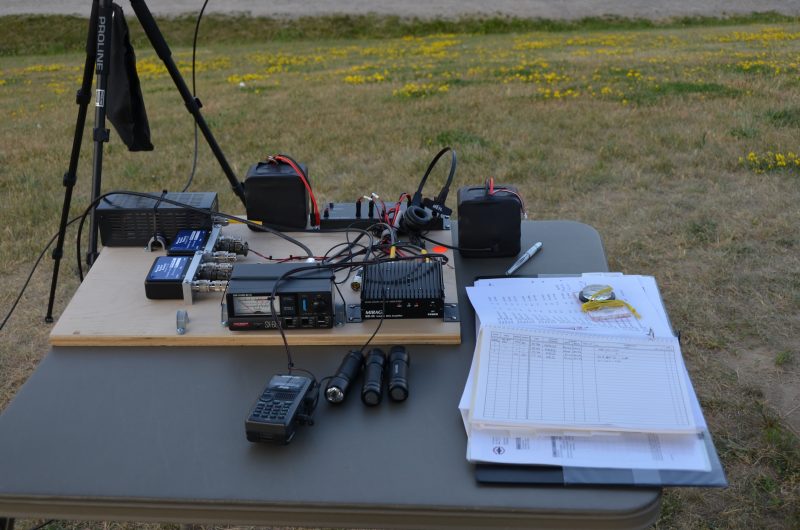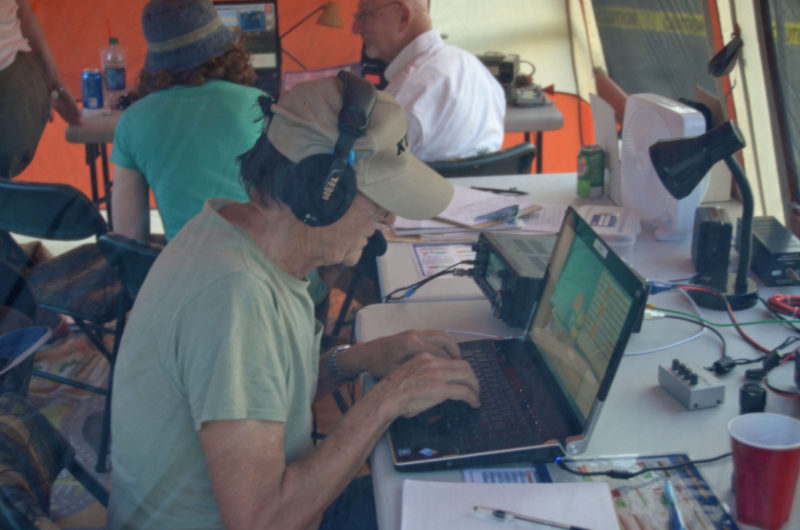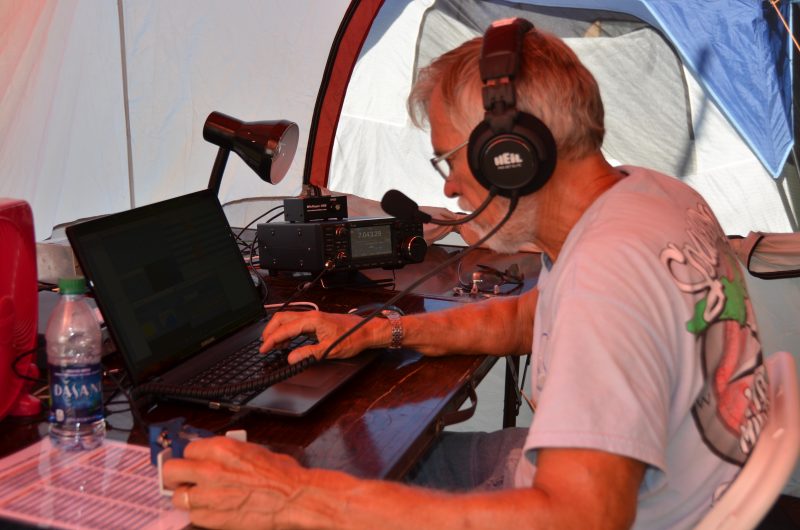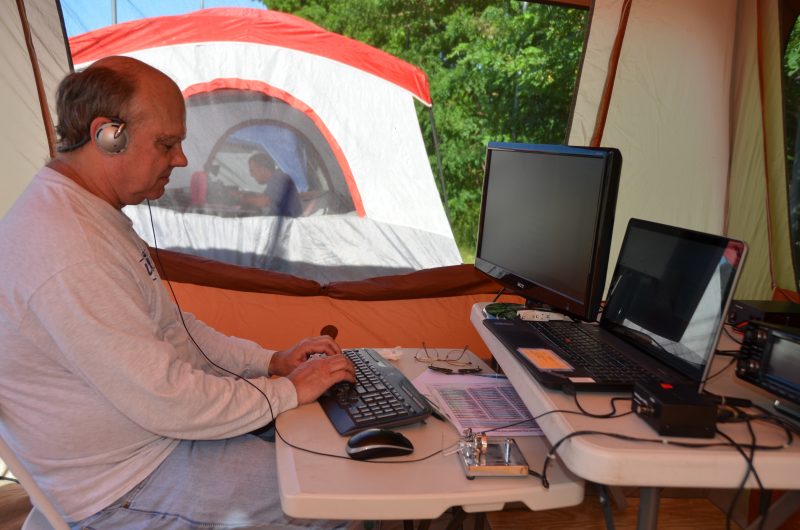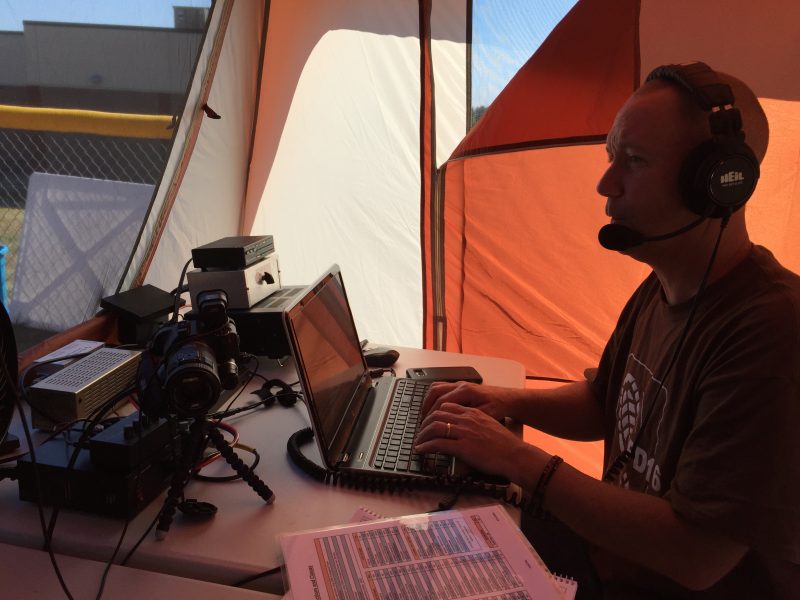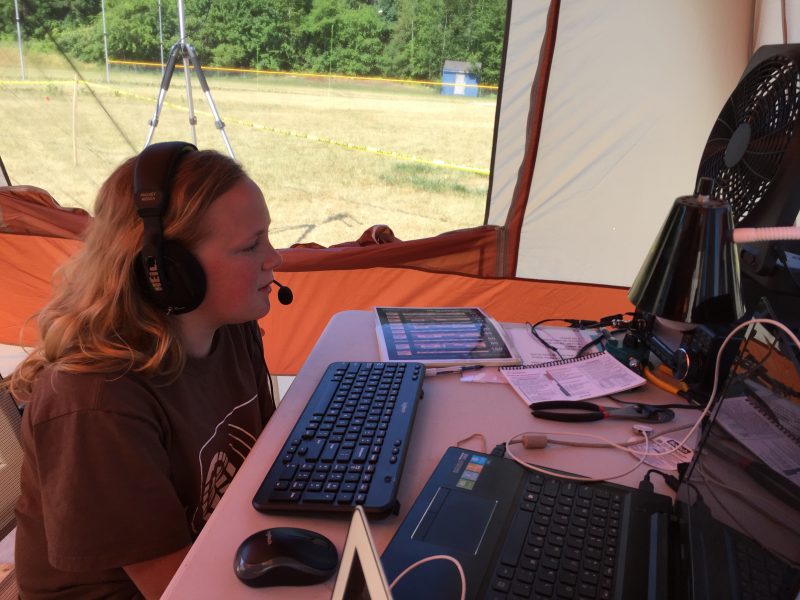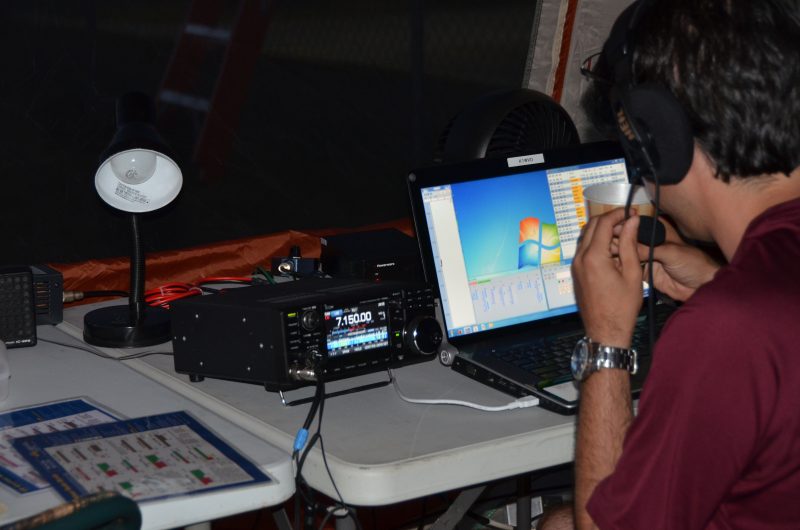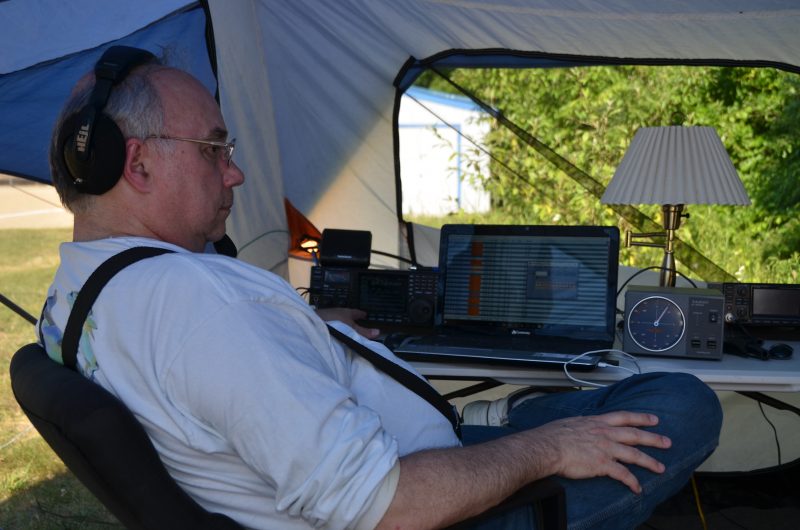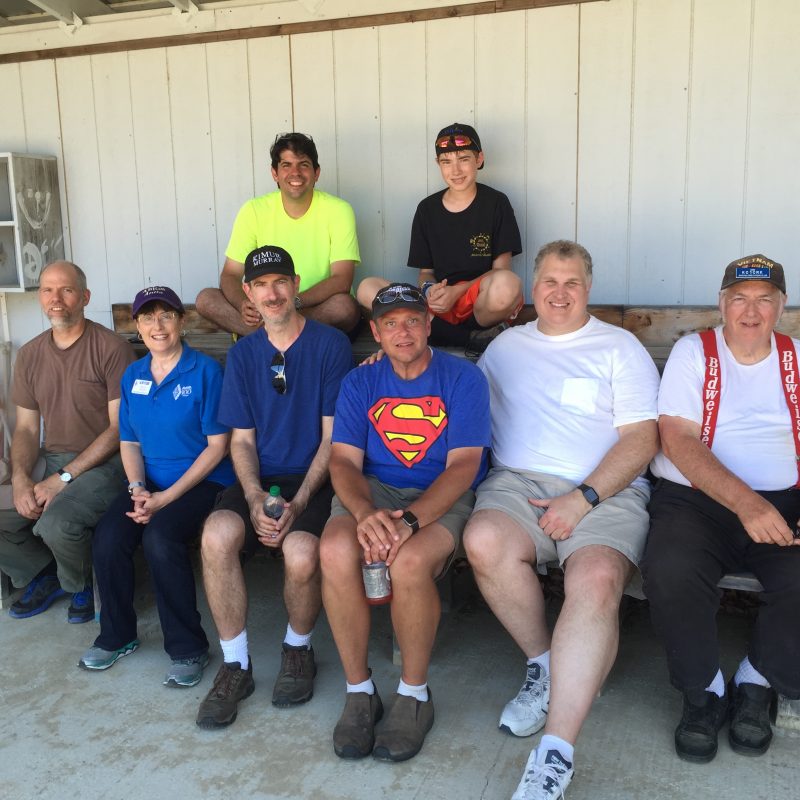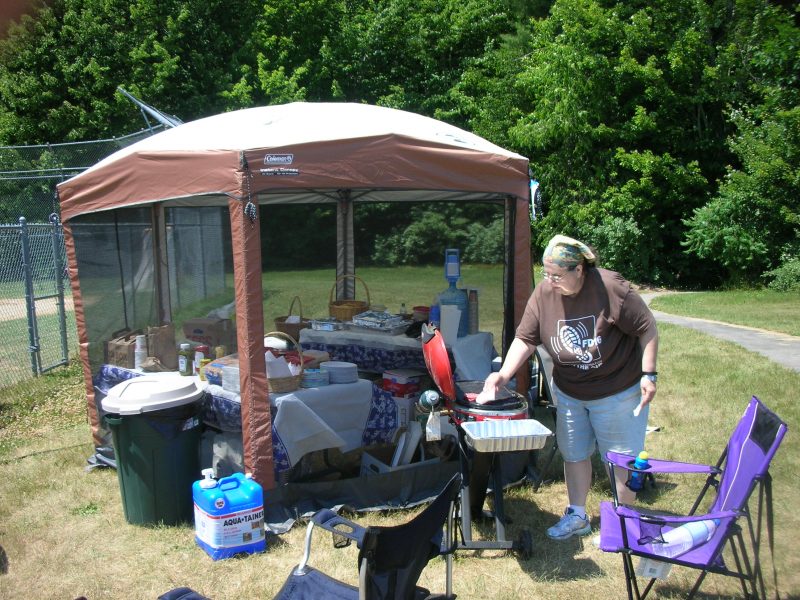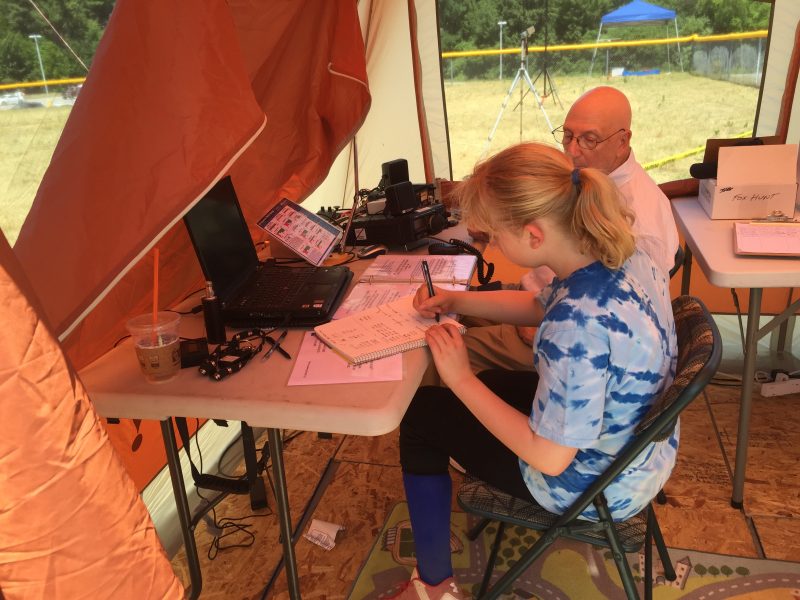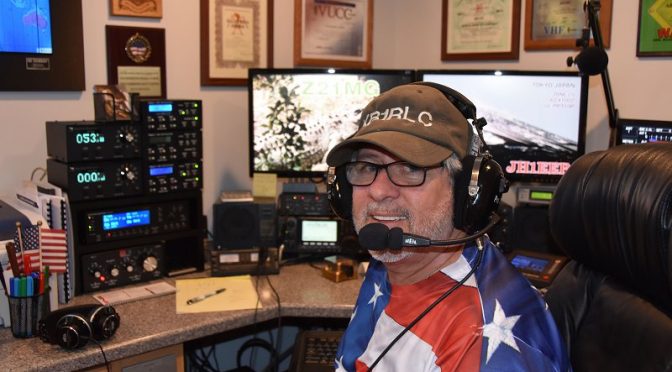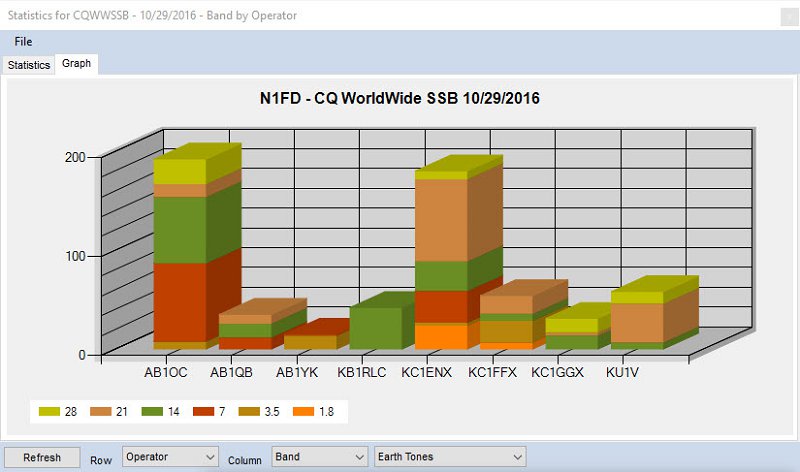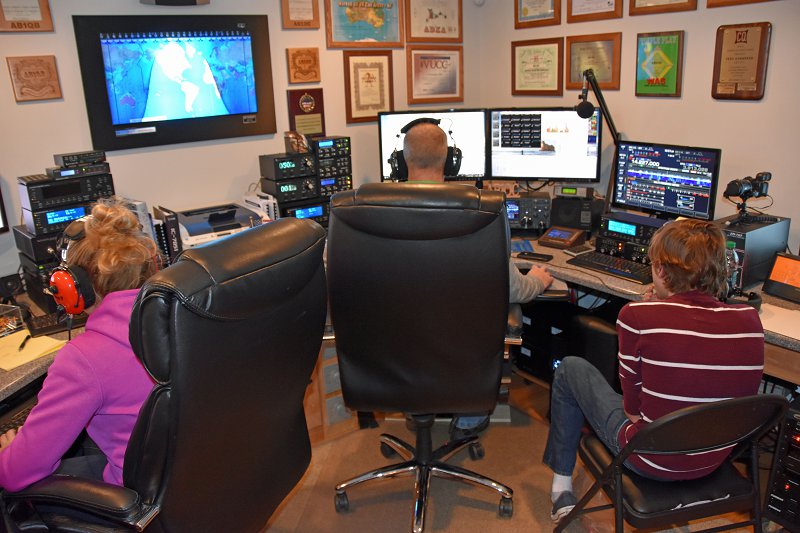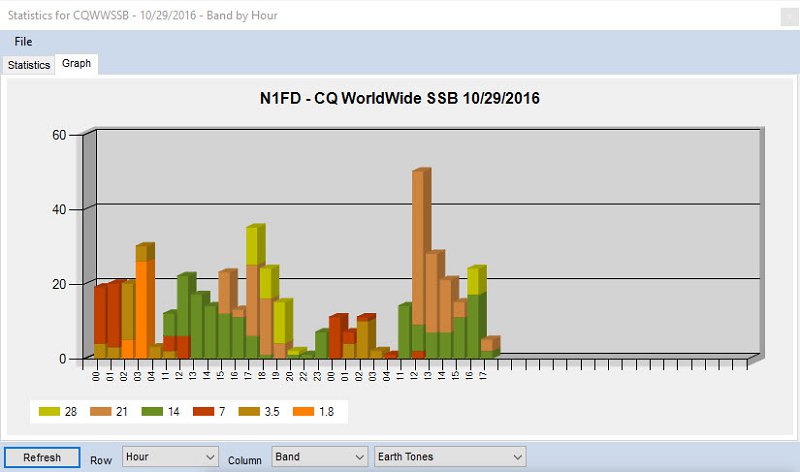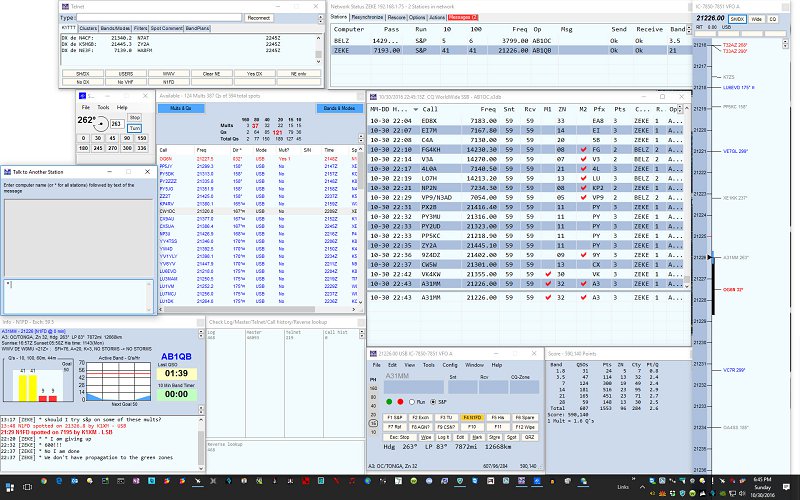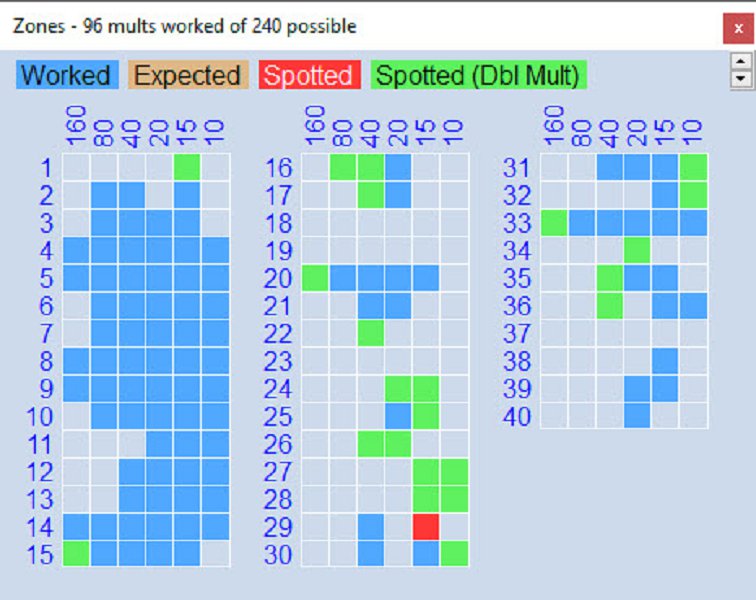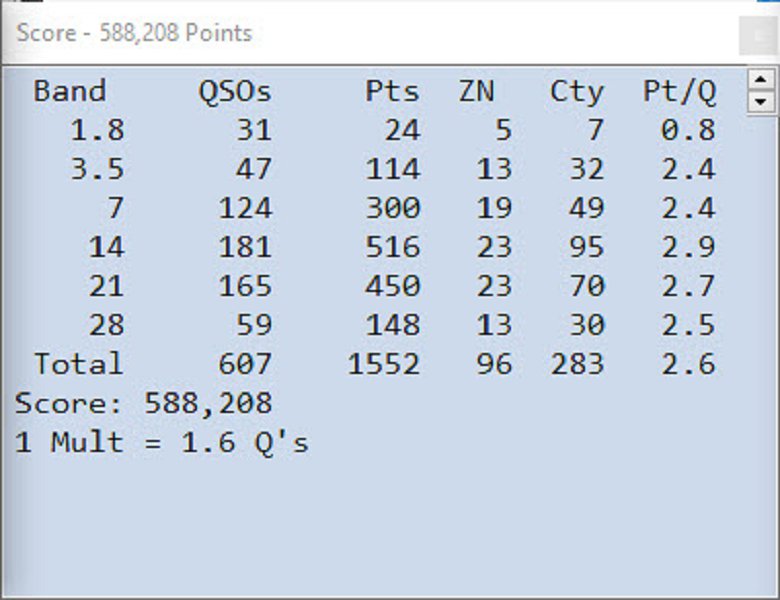I grew up in a family deeply involved in Scouting, my father was the rifle and archery instructor for our troop, my older brother was our Senior Patrol Leader, we camped, hiked, did countless hours of community service, it was part of our family ethos. 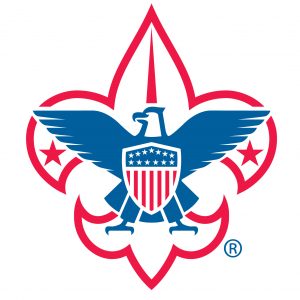
While I am new to Amateur radio I have found in the Amateur Radio community, and particularly in our club, the spirit that best exemplifies the Boy Scout tradition.
The Boy Scout motto is “Be Prepared”, and I have been thinking a lot about this since Field Day, where we went out in the heat, set up a temporary command post of seven transmitters and operated for 24 hours straight, this is at its essence what we, as hams, would do in a major emergency, enabling vital communications, emergency traffic, and welfare reports in and out of affected areas.
Lesser well known is the Boy Scout Slogan, “Do a good turn daily.” Two days after Hurricane Matthew ravaged Haiti, our club presented to a group of 25 Boy Scouts how the scouting motto and slogan are alive and well in the amateur radio community. Hundreds of hams went, at their own expense to hurricane-affected areas to relay emergency and welfare traffic where the communications infrastructure was decimated. In the proudest Scout tradition, these hams were prepared and did a good turn for people they had never met.
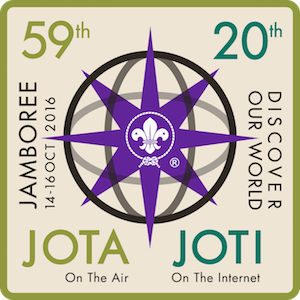 Each October, the World Organization of the Scouting Movement which includes Boy Scouts, Cub Scouts, Girl Scouts, Girl Guides, Sea Scouts and Venturing Scouts hosts a weekend on the air. Over 1.5 million scouts in 157 countries participate in Jamboree On The Air; it is, in fact, the largest annual Scouting event. This year the Nashua Area Radio Club and the Historic District of the Daniel Webster Council hosted over 60 scouts, many camped out in sub-freezing temperatures to conduct the 59th Annual Jamboree on the Air.
Each October, the World Organization of the Scouting Movement which includes Boy Scouts, Cub Scouts, Girl Scouts, Girl Guides, Sea Scouts and Venturing Scouts hosts a weekend on the air. Over 1.5 million scouts in 157 countries participate in Jamboree On The Air; it is, in fact, the largest annual Scouting event. This year the Nashua Area Radio Club and the Historic District of the Daniel Webster Council hosted over 60 scouts, many camped out in sub-freezing temperatures to conduct the 59th Annual Jamboree on the Air.
Our club provided all the infrastructure for these young men and women to reach out to other scouts around the world. Jamboree On The Air is not a typical contest, it favors quality QSOs over quantity of QSOs. Our Scouts made over 90 “contacts” with other Scouts in 30 states, 17 countries, on 5 continents. Where in a contest the average QSO would be 15-20 seconds our scouts spent an average of 8 minutes talking with multiple kids, an average of 3 scouts per QSO, at other stations near and far.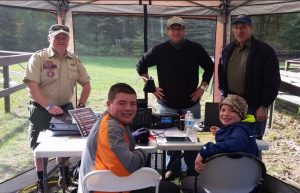
The Nashua Area Radio Club set up a satellite station where we made 2 QSOs to other stations 600 and 800 miles away on 2 meters. The Scouts were blown away by sending a signal to outer space to contact stations here on Earth.
We explored with Scouts the Science Technology Engineering and Math (STEM) aspects of Amateur Radio, 14 Boy Scouts earned their Radio merit badge in sessions conducted by the Nashua Area Radio Club. One Scout has now participated in our License Classes and has earned his Technician and General class licenses. Many more Scouts have expressed interest in getting licensed as well.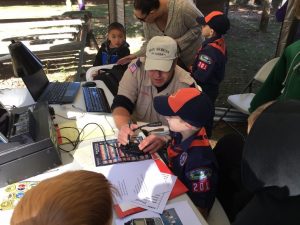
This was a tremendous undertaking by club members, particularly as we also had our Youth Outreach day going on simultaneously in Nashua. As a Scout leader, my heartfelt thanks to the club, particularly Fred AB1OC (also an Eagle Scout), and Anita (AB1QB) for their logistic, material, and educational support to the boys and girls. As a club member, I am so proud of our commitment to youth outreach, and the support we give to expanding the horizons for young men and women. Read the Seacoast Online Article here.
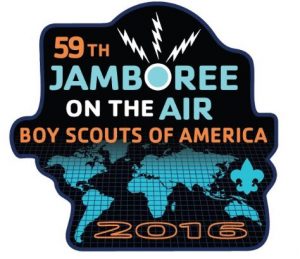 On behalf of the Boy Scouts, it will be my pleasure to convey our JOTA Certificate and JOTA patch to the club at our next meeting.
On behalf of the Boy Scouts, it will be my pleasure to convey our JOTA Certificate and JOTA patch to the club at our next meeting.
Yours in Scouting and 73,
Greg Fuller (W1TEN)
Nashua Area Radio Club Member
Historic District JOTA Chair
Boy Scouts of America

